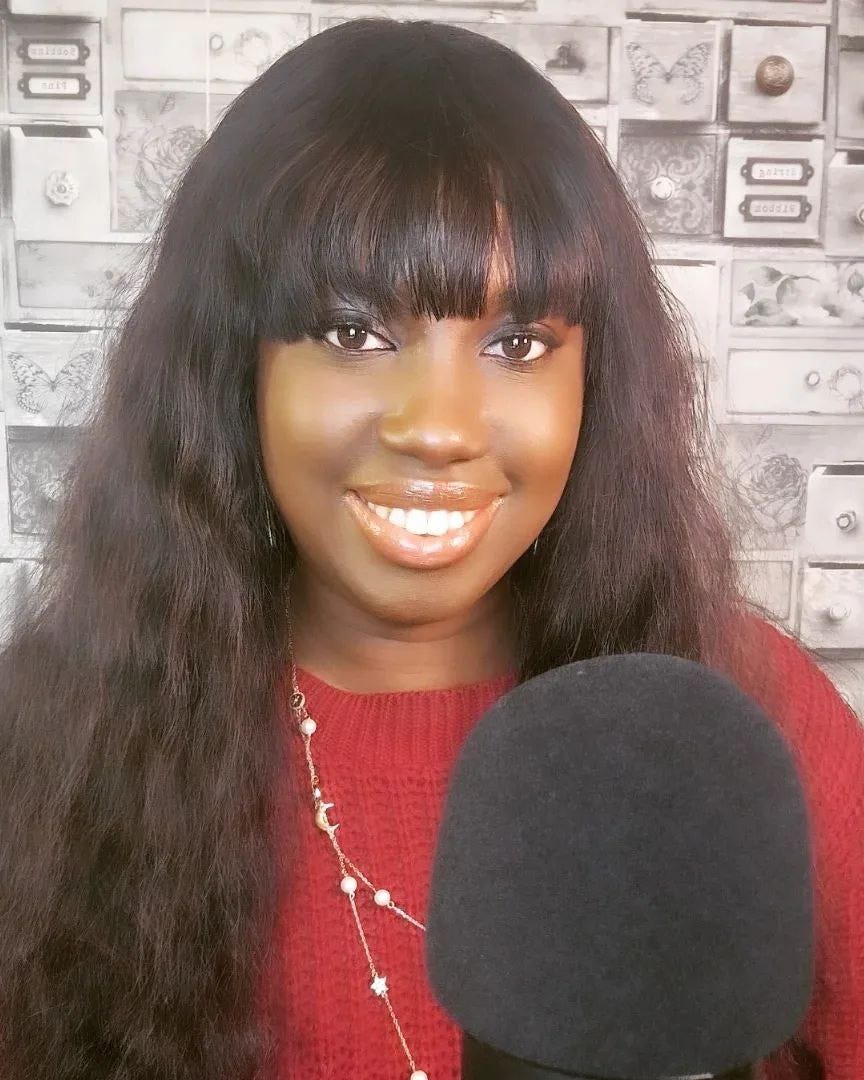DEI: Inclusivity for All or Exclusion in Disguise?
True inclusion should not be a zero-sum game where one group must lose for another to gain.
Recently, it was announced that the final two episodes of Doctor Who's 14th season will be screened in cinemas, a significant milestone for the long-running sci-fi series that has been the subject of intense discussions and debates lately.
For nearly six decades, Doctor Who has captivated generations of viewers with its eccentric, time-travelling alien protagonist, simply known as The Doctor. This beloved character has the ability to regenerate into new forms, navigating the cosmos in the iconic blue police box, the TARDIS, and embodying the show's enduring appeal.
However, the latest regeneration of the Doctor has proven to be particularly seismic and polarising. Ncuti Gatwa has taken on the iconic role, becoming the first black actor and one of the few openly gay performers to portray the leading character.
There's no denying that some racist trolls have reared their ugly heads in response to this "race swap" casting decision; however, the progressive caucus calling out the backlash needs to understand a few things.
Firstly, racial abuse is unequivocally unacceptable and should be condemned. That being said, it's important to discern between legitimate criticism and racism; they should not be conflated indiscriminately. Not all forms of backlash or negative critique equate to racist vitriol. Criticism, even when directed at a black person, does not inherently constitute racial abuse.
Secondly, the backlash didn’t solely come from white “right-wing zealots.” Some of those who voiced concerns were also left-leaning, politically neutral, and even people of colour themselves.
Lastly, and this seems to be what many wilfully ignore time and again with these DEI publicity ploys: the majority of people don't particularly object to a black actor being cast in a role that has been traditionally "played by white men." The bigger concern centres around the perceived insidious agenda and messaging behind such casting choices, rather than the casting decision itself.
And anyone claiming this is solely about talent and not about DEI is being dishonest. This is undeniably about DEI. Yes the actor clearly possesses talent, but we cannot pretend, as some like to do, that talent is the only factor. In fact, Jinkx Monsoon, one of the show’s antagonists told Variety, “For every transphobic, racist, bigoted Doctor Who fan that we lose this season, there are going be three to five new fans who are coming in for the representation.”
Representation? It's no wonder some viewers feel that the media industry's focus has shifted away from simply entertaining audiences with compelling storytelling. The entertainment experience is diminished when they sense that casting decisions were driven by factors other than finding the best actor for the role.
Now, let's be clear: there's nothing inherently wrong with the concepts of representation and diversity. However, in modern society, these terms don't always align with their intended ideals. For instance, if the goal is truly to promote diversity and give a voice to underrepresented groups (bearing in mind that in some cases, minorities are now overrepresented in British media), then why does there seem to be a tendency to vilify or demonise other groups in the process of advocating for representation?
Culture journalist Asyia Iftikhar wrote for the Metro, “Sorry, straight white men, Doctor Who was never made just for you.” Why is there a need to slight another group of people in the name of representation? This seems unnecessarily confrontational and ironically exclusionary. Increasing representation may seem laudable, but framing it as a rebuke or rejection of another demographic is counterproductive. True inclusion should be about “adding seats to the table,” not playing a zero-sum game where one group must lose for another to gain.
Global Majority
Speaking of exclusionary, we also need to address the term “Global majority.” Kemi Badenoch has labelled the phrase as anti-white, asserting that those who use it fail to grasp its political implications. Ms. Badenoch, the Minister for Women and Equalities, made these statements in response to the National Trust's announcement of training “100 new walk leaders from global majority communities.”
Inaya Folarin Iman, founder of the Equiano Project, told The Telegraph: “Global majority is a nonsensical, divisive and patronising phrase. It lumps billions of the world together solely on the basis of them not being white. Most people, regardless of race, have no idea what it means and it is shameful that large organisations are using it seemingly solely at the behest of self-appointed, astroturfed EDI consultants. It is deeply anti-democratic.”
Proponents may tout good intentions, but we must scrutinise the methods and consequences of inclusion and diversity efforts. Inclusivity should be pursued in a way that embraces everyone, rather than as a tool to create new forms of exclusion.
Ada is the Head of Content at The Equiano Project. Subscribe to The Equiano Project YouTube channel HERE.






